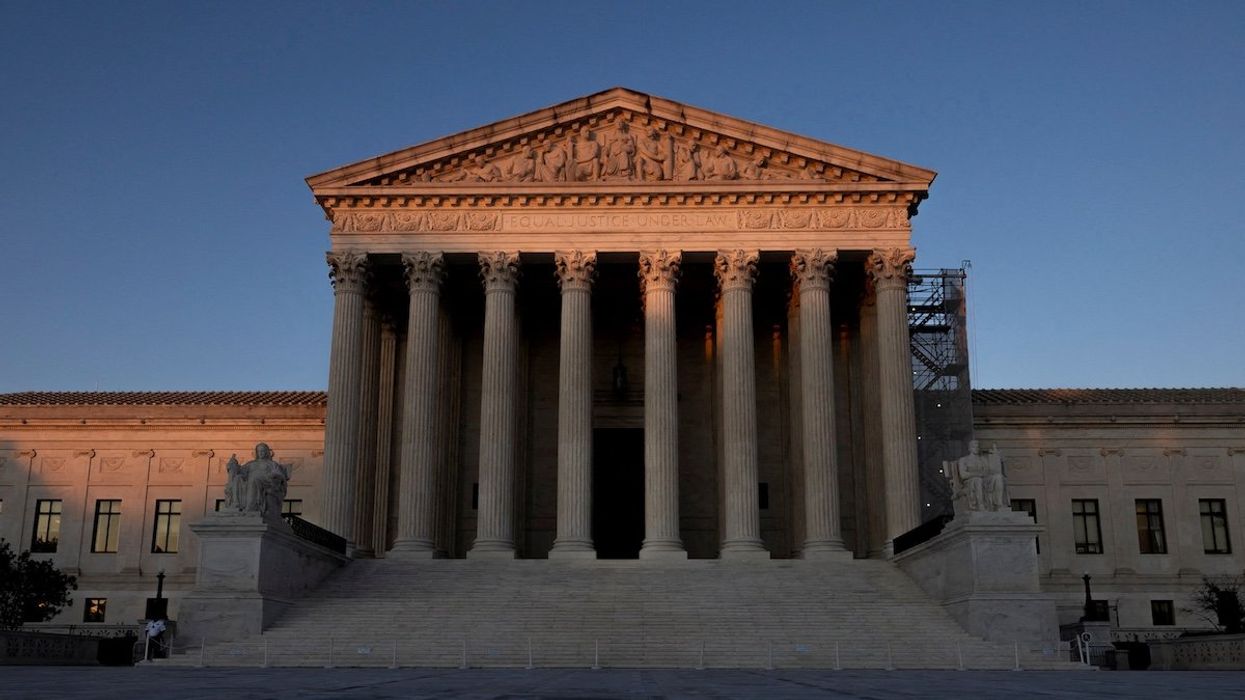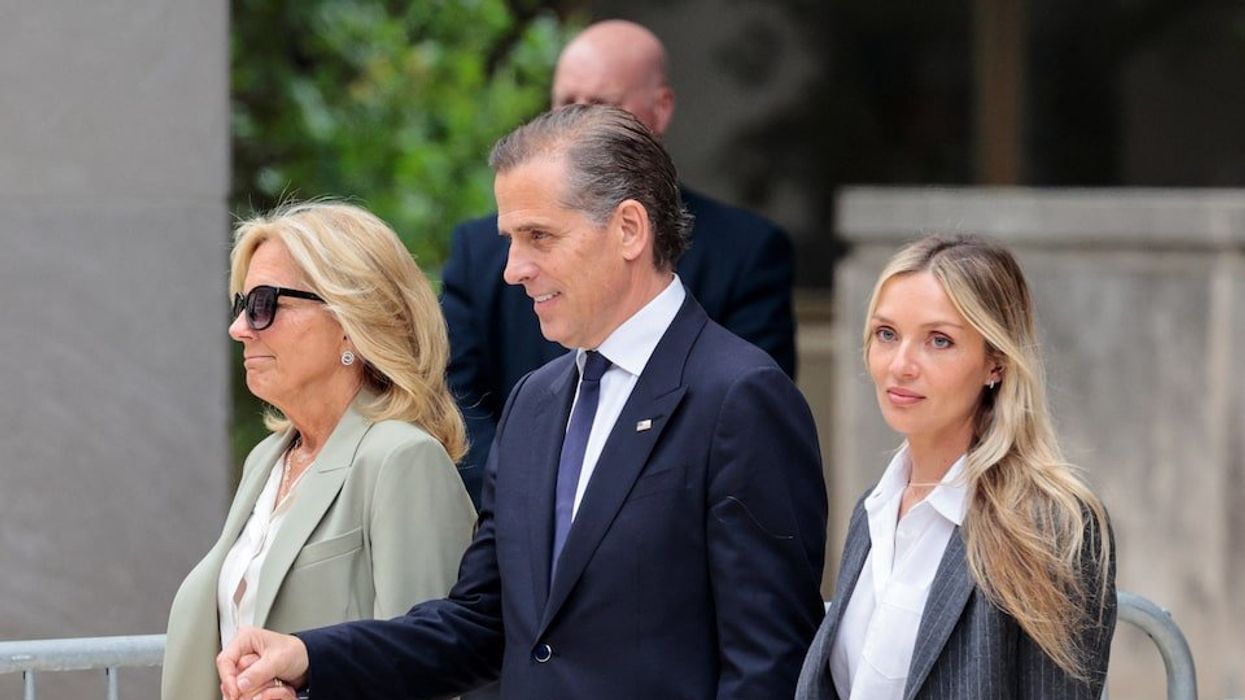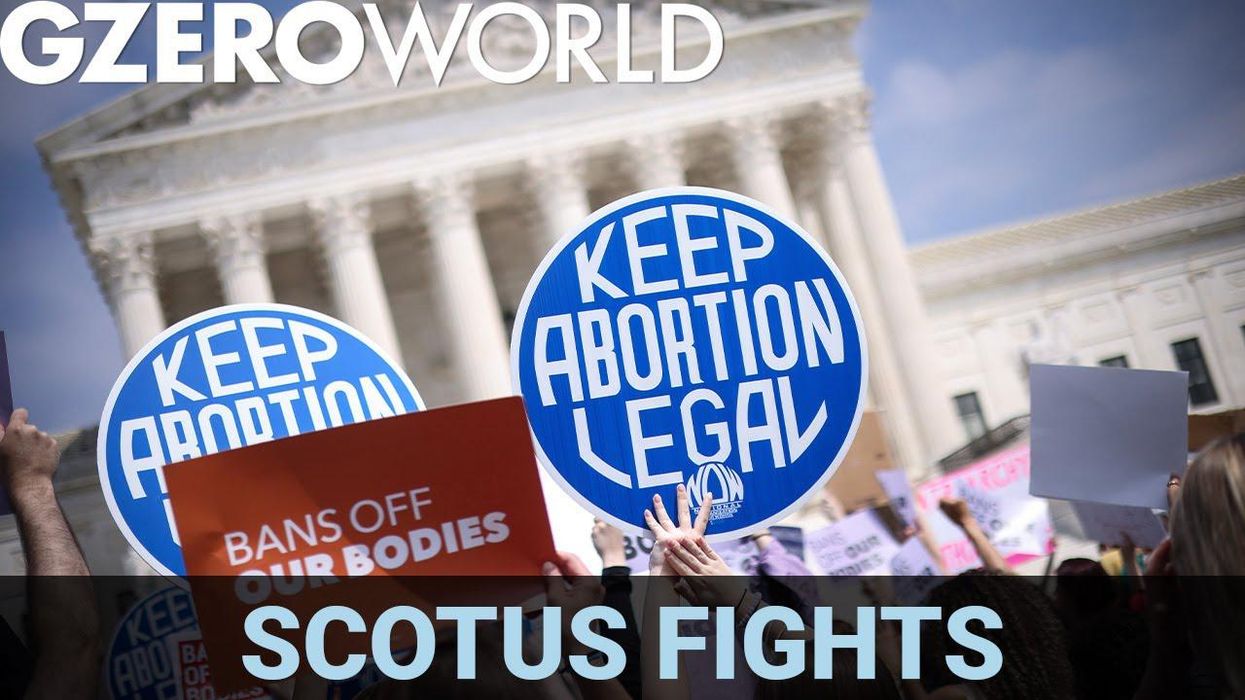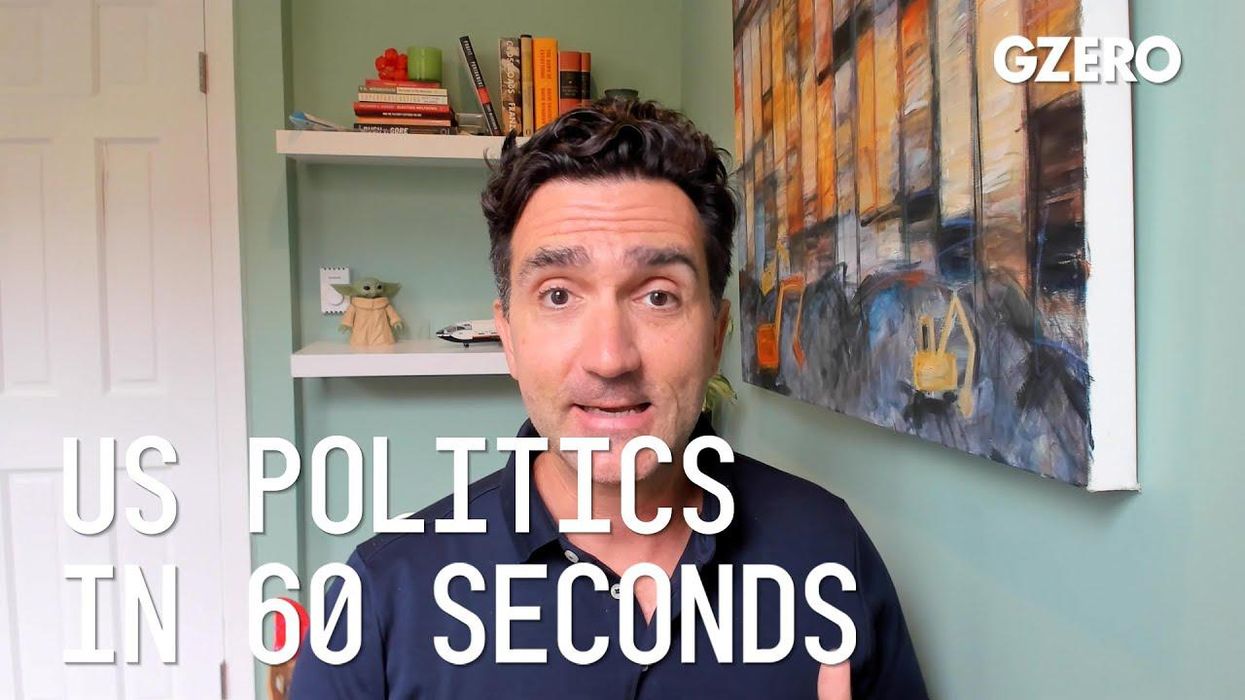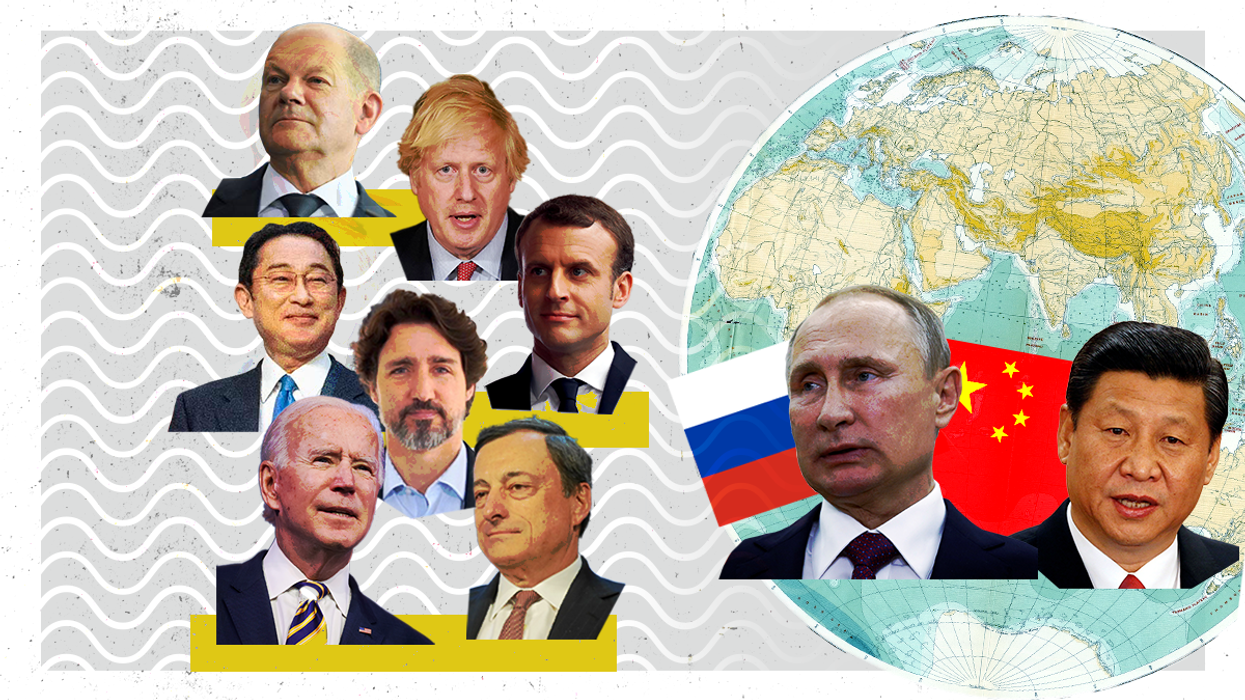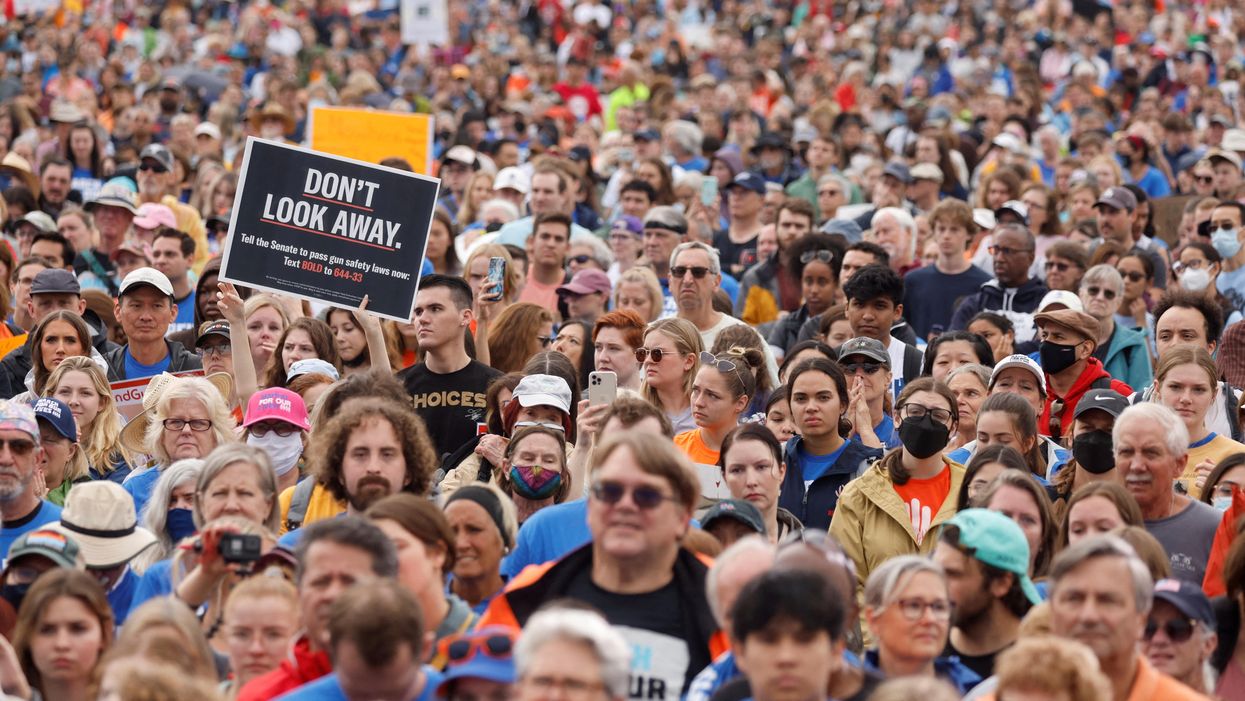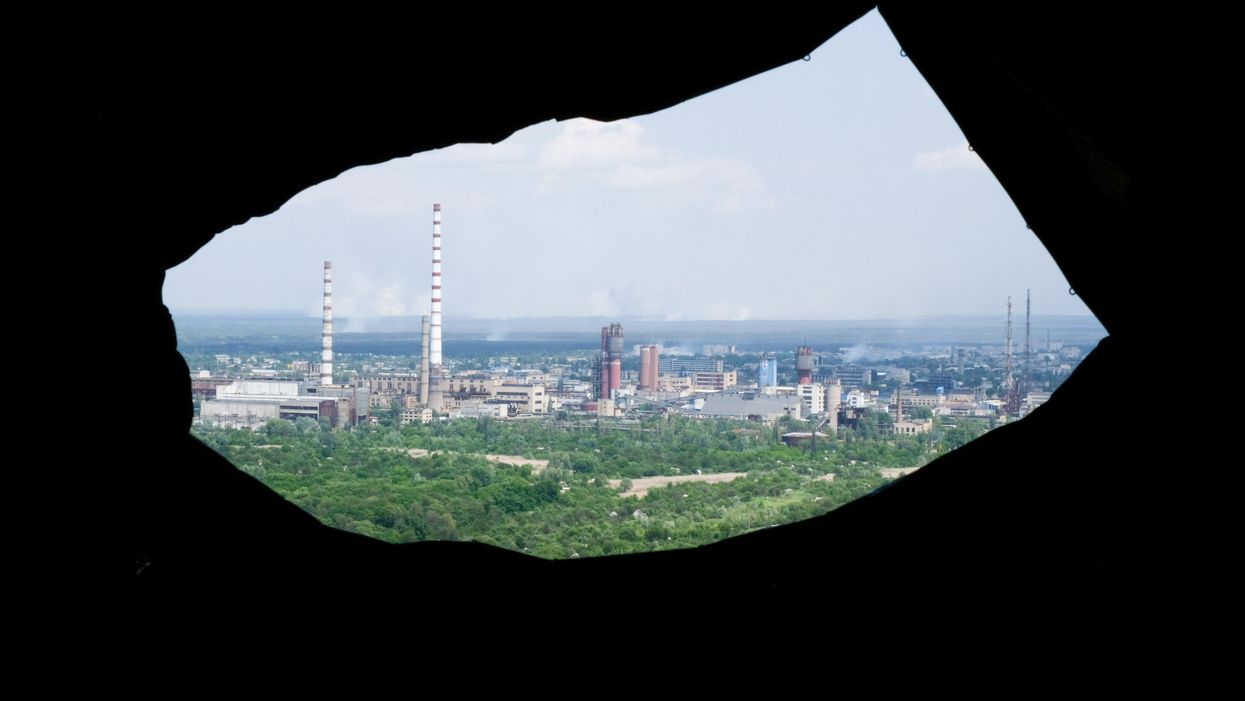What We're Watching
What We’re Watching: Australia’s plan to buy back guns, Europe’s bet on Ukraine, and China’s playbook in Latin America
The Australian government announced a plan to purchase and destroy civilian-owned firearms after a terrorist attack left 15 people dead at a Jewish holiday gathering on Sydney’s Bondi Beach.
Dec 19, 2025



